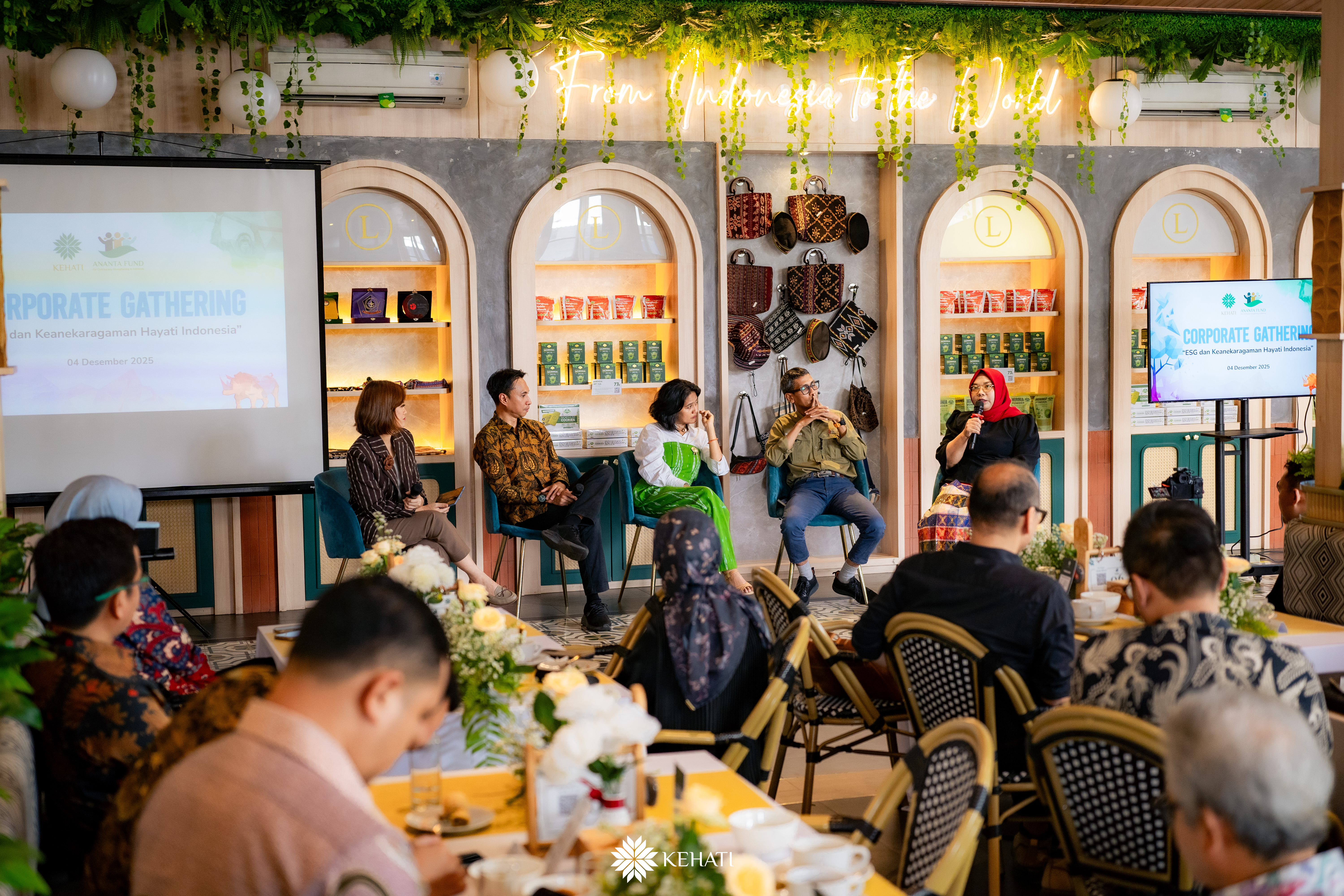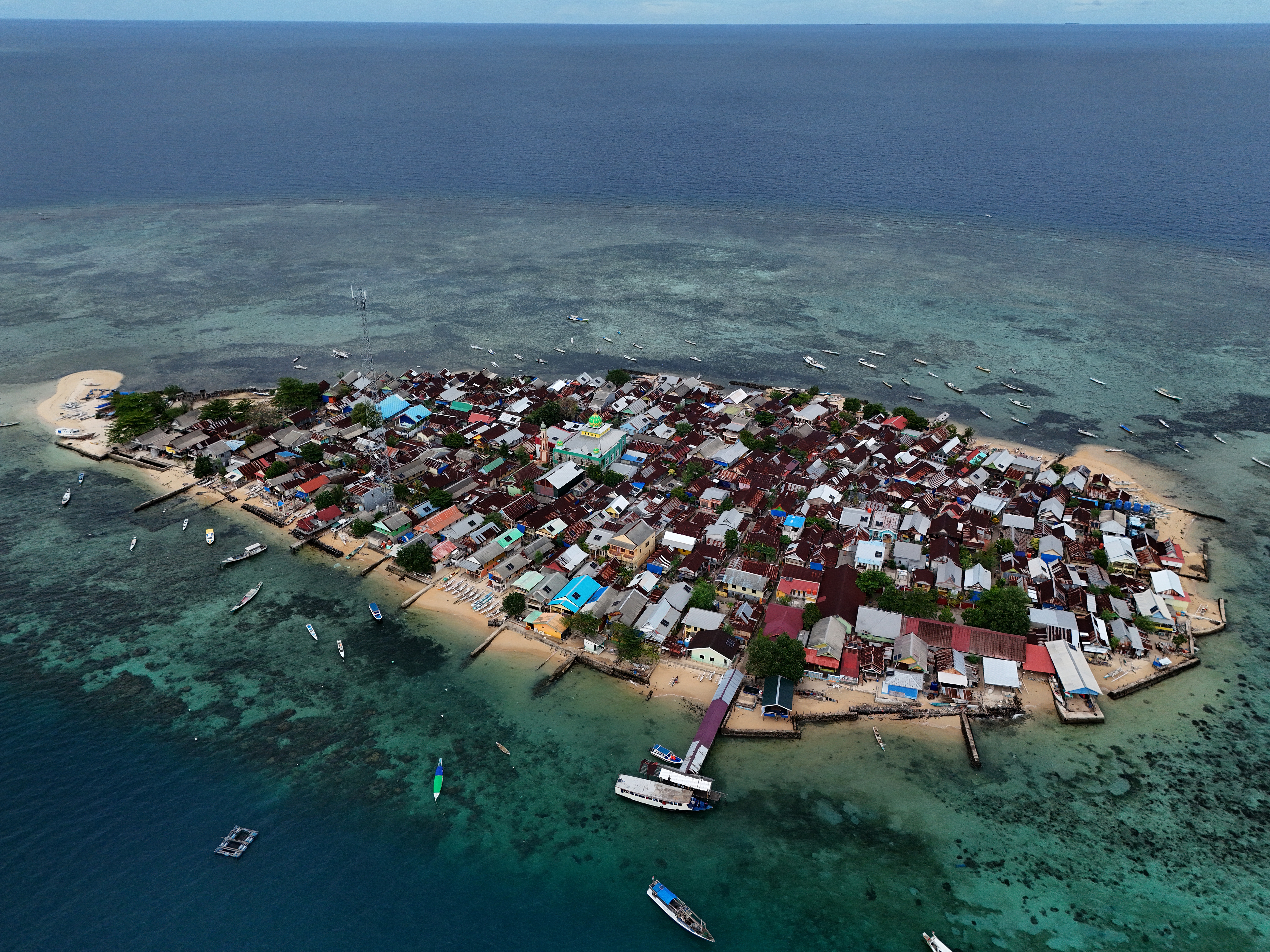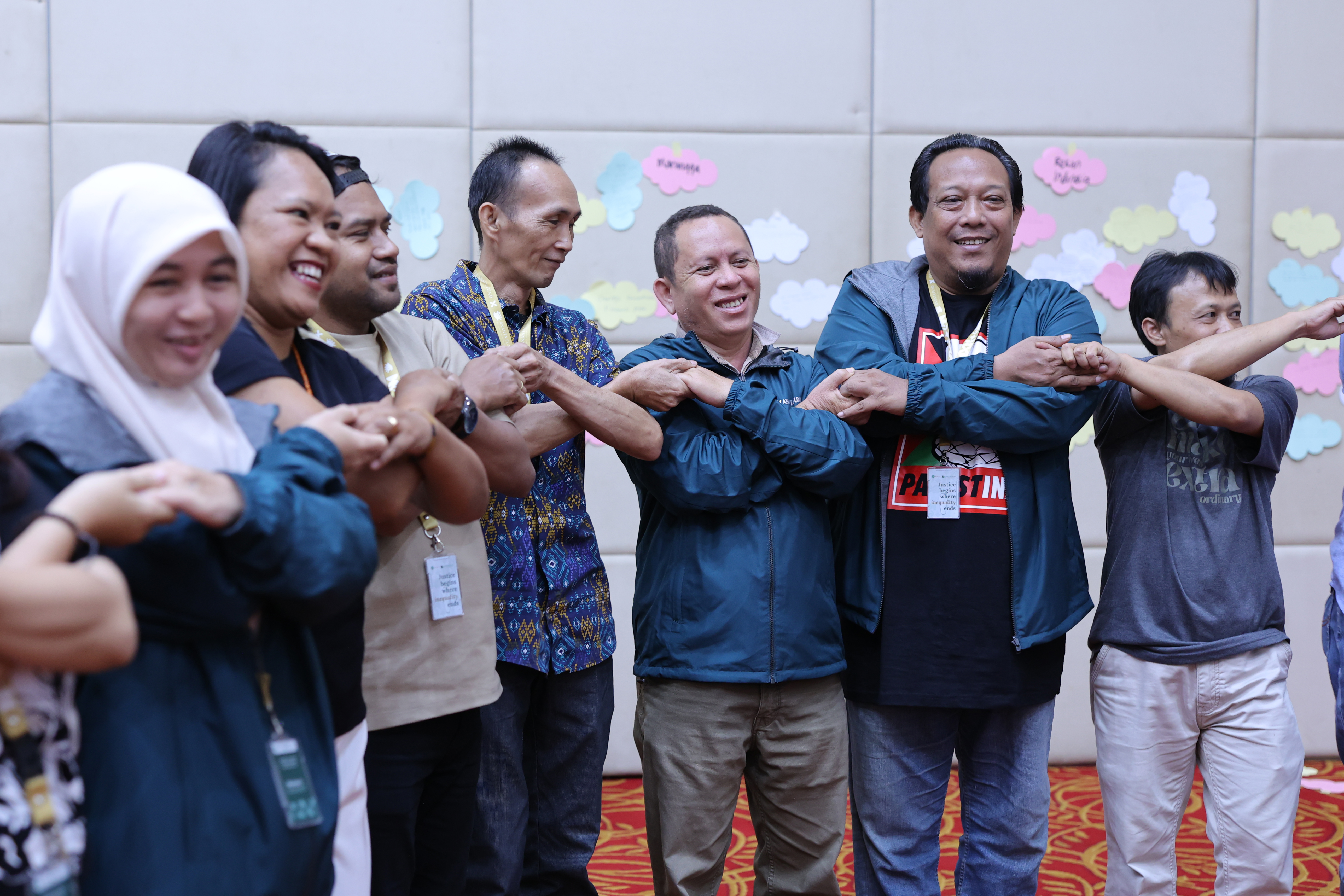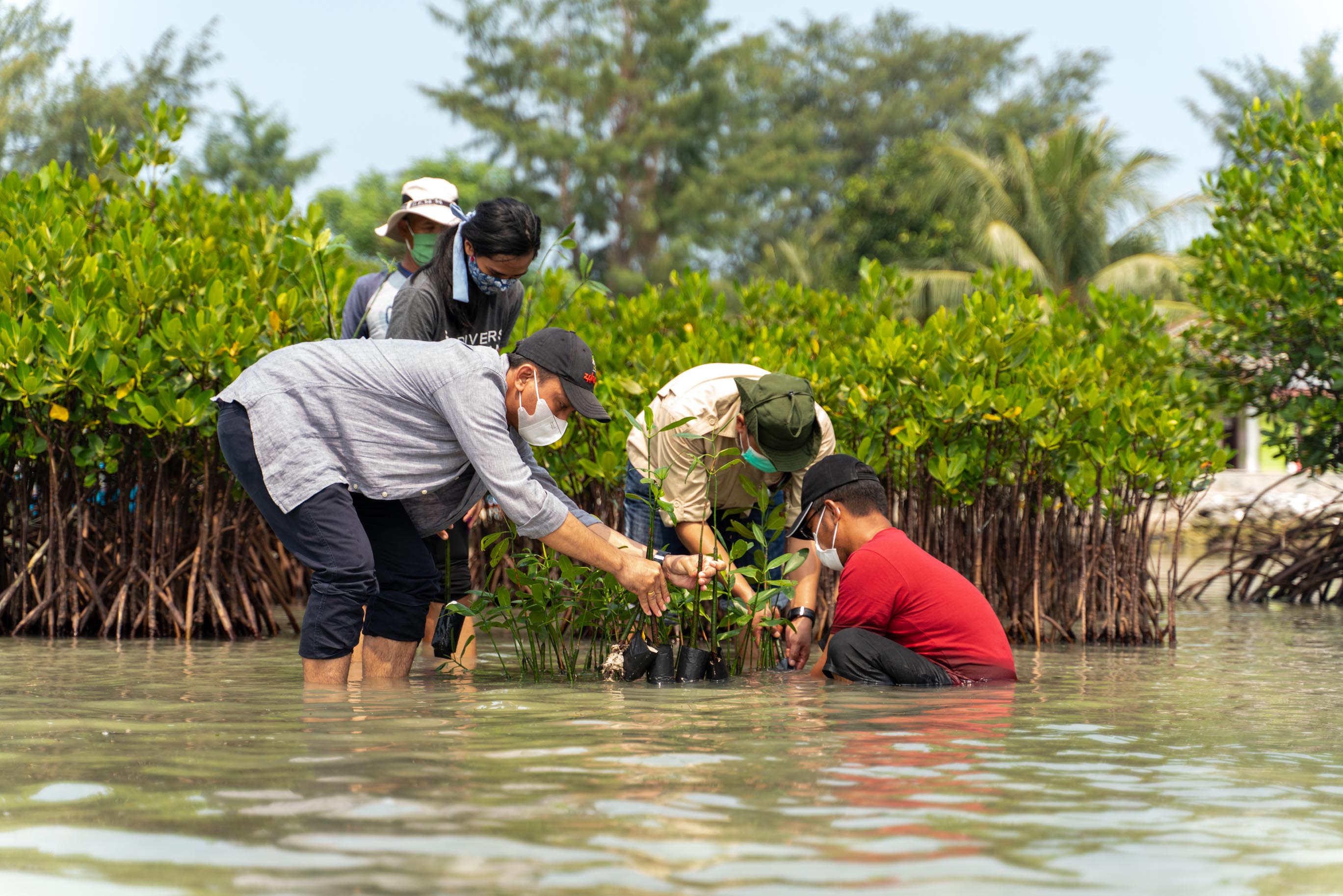


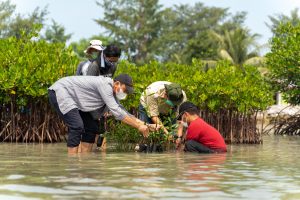 Have you ever assessed your greatest potential as a Civil Society Organization (CSO)? Does the ecosystem in your area support your policy advocacy, community empowerment, and government oversight work? Or are your CSO friends still struggling with the many challenges that must be faced in the field?
Have you ever assessed your greatest potential as a Civil Society Organization (CSO)? Does the ecosystem in your area support your policy advocacy, community empowerment, and government oversight work? Or are your CSO friends still struggling with the many challenges that must be faced in the field?
It cannot be denied that the role of CSOs is so important. CSOs are the heart of democracy. Their existence as a representation of the community's voice is crucial in encouraging positive changes in various sectors of life. Quoting from several sources, CSOs have various roles, including encouraging sustainable development practices by ensuring responsible utilization of natural resources and environmental conservation; promoting democracy and more accountable governance; and protecting human rights and giving voice to minority groups, women, children, and other vulnerable groups (Brinkerhoff, J.M., & Brinkerhoff, D.W., 2002; Seyfang, G., & Smith, A., 2007; Jenkins, J.C., 2005; Ibrahim, A., 2015).
However, CSOs face some challenges in carrying out their work, especially related to institutional sustainability. Since Indonesia's entry as a member of the G20 in 2008 and in July 2020, the World Bank declared Indonesia an upper middle-income country, CSOs have had to face difficult conditions due to decreasing donor support, especially from abroad. Even the grant funds provided by donor agencies are considered less flexible, resulting in CSOs only focusing on the implementation of work in the field and report documents, without having spare funds used to increase the capacity of staff and institutions.
Not only the problem of funding support, CSOs also face a tendency to narrow the space for civil society to participate in development; weak CSO capacity in various aspects; and the issue of CSO capacity gaps and context differences between regions in Indonesia.
Ananta Fund, which is part of the Biodiversity Foundation (KEHATI Foundation), received a mandate to manage an endowment fund to strengthen the role of CSOs in Indonesia, especially local CSOs working in several focus areas, namely: social inequality, civil society space, poverty alleviation, gender equality, environmental conservation, and climate change. To understand the initial conditions and characteristics of CSOs in each region, determine the capacity and problems faced by CSOs, and identify incubator institutions and forms of support provided, Ananta Fund provided an initial grant to the SMERU Institute to conduct research “Baseline Study on Strengthening Local Civil Society Organizations in Western, Central and Eastern Indonesia”.
The research was conducted during March-May 2024 and captured 259 organizations across Indonesia. All CSO information that participated in the survey has been included in the Ananta Fund website database (click: Networking section). The mapping of the data collected covers several issues, namely:
- A brief profile of each CSO surveyed;
- Specific issues that need to be addressed by CSOs in each regional category; and
- The need for continued institutional capacity building, including addressing specific challenges.
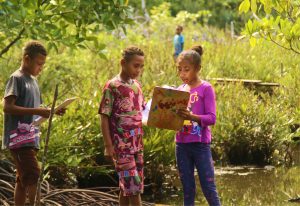 There are at least four (4) challenges that become the main findings in this study, including funding issues; human resources (HR); institutional management; and ecosystem and environment that do not support the strengthening of CSOs.
There are at least four (4) challenges that become the main findings in this study, including funding issues; human resources (HR); institutional management; and ecosystem and environment that do not support the strengthening of CSOs.
Regarding the ecosystem point, the study results show that there is a CSO gap between regions to access various information; local governments that do not know the existence of good performing CSOs in their regions, and tend to choose to work with consultants/individuals; in addition, there are also no regulations that favor the interests of CSOs; and not many institutions provide funds for individual and organizational capacity building. To address the challenges at this point, there is a need for policy advocacy to the central government to ensure that funding regulations for CSOs can be socialized to all institutions, support the formulation of endowment funding policies for CSOs, and the availability of government funding sources to conduct research and knowledge production as a foundation for CSO work.
While the study reveals several challenges faced by CSOs, it also opens up opportunities to strengthen their role in society. The study also serves as a foundation for the Ananta Fund in providing strengthening support to CSOs in Indonesia.
To maximize support for the strengthening and sustainability of CSOs in Indonesia, Ananta Fund opens opportunities for collaboration with donors from various sectors, ranging from bilateral, multilateral, philanthropic, and corporate organizations. The forms of collaboration that can be done are:
- Support to increase the amount of Ananta Fund's endowment fund;
- Direct funding support for CSO strengthening programs;
- Support for CSO mentoring (incubation); and
- Other forms of support.
About Ananta Fund
Since 2022, Ananta Fund, which is part of the Biodiversity Foundation (KEHATI Foundation), has received a mandate to manage an endowment fund to strengthen the role of Civil Society Organizations (CSOs) in Indonesia, especially local CSOs working in several focus areas, namely: social inequality, civil society space, poverty alleviation, gender equality, environmental conservation, and climate change.


